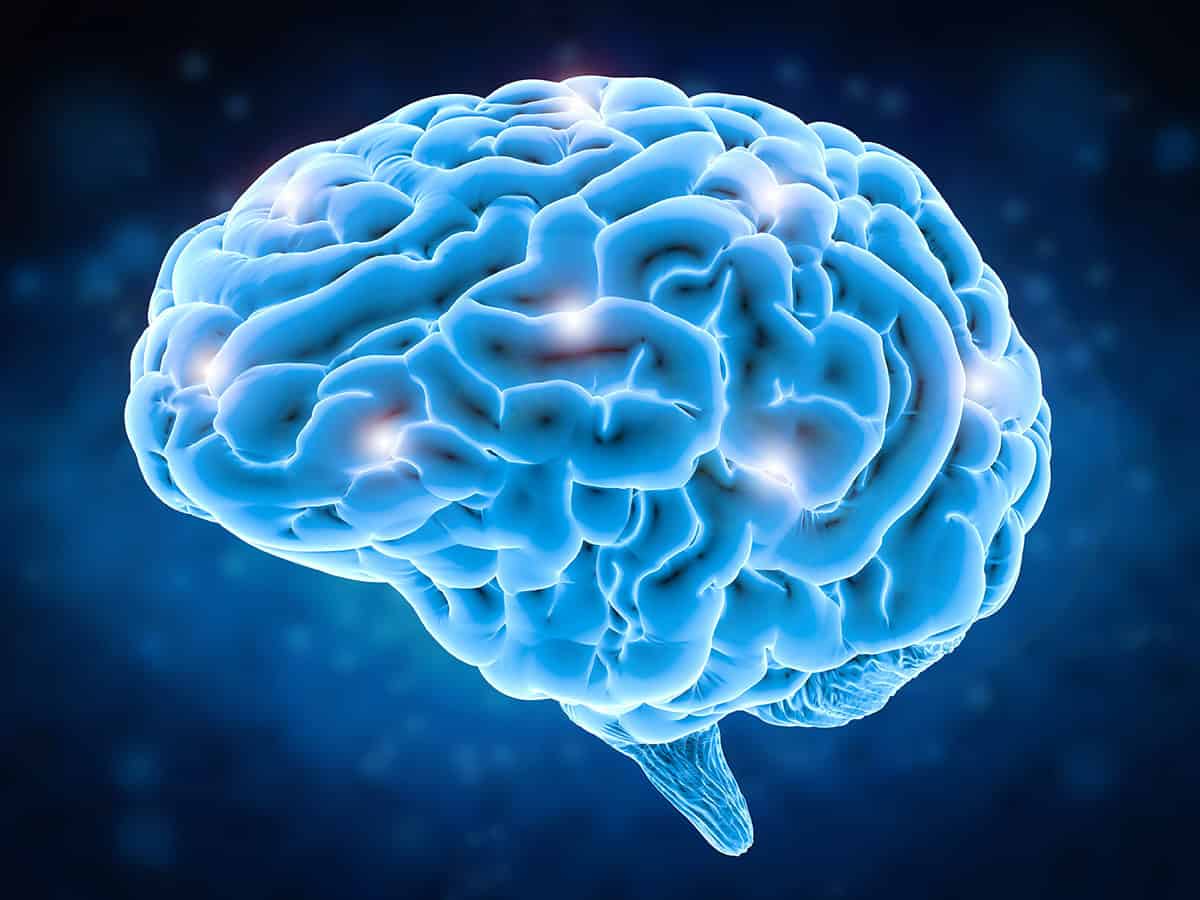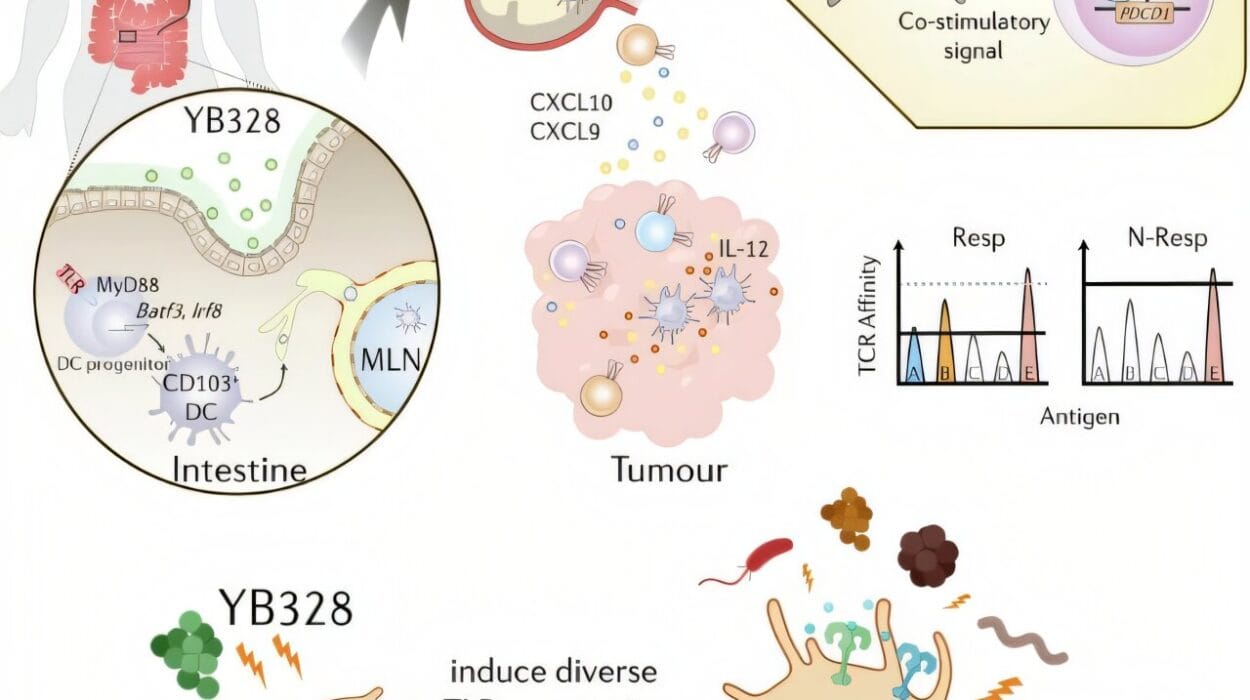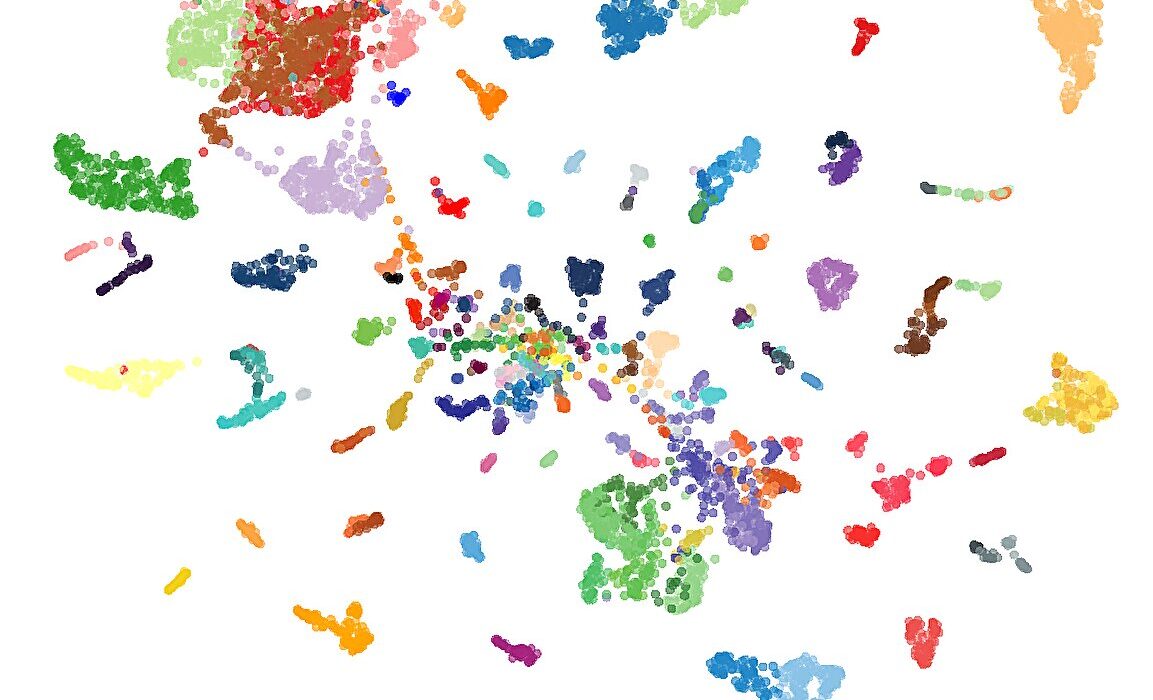The mind is a mirror—but for many grappling with depression or posttraumatic stress disorder (PTSD), that mirror is broken. Not only do they suffer from the well-known emotional and psychological symptoms, but they also harbor deeply distorted perceptions of their own cognitive abilities. A new wave of research, including a landmark study published in Neuropsychology, sheds light on a subtle yet powerful phenomenon called metacognitive bias—an under-the-radar force that could be quietly intensifying mental health disorders. But there’s a silver lining: innovative cognitive training techniques, including game-based approaches, may help patients reshape how they see themselves—and in turn, ease their suffering.
This isn’t just a story of neurons and neurotransmitters. It’s a story of how the stories we tell ourselves—about who we are and what we can do—can either pull us down or help us rise.
Understanding the Double Burden: Depression, PTSD, and the Inner Critic
Depression and PTSD are, by themselves, formidable adversaries. Depression can blanket life in a persistent fog of sadness, fatigue, and hopelessness. Activities once enjoyed become chores. The inner voice becomes a relentless critic. PTSD adds another layer of torment—haunted by the past, individuals might experience flashbacks, insomnia, hypervigilance, and emotional numbness. These conditions don’t just alter emotions; they warp reality itself.
What’s less visible but equally destructive is how these disorders skew self-perception, especially around cognitive abilities. People may find themselves thinking, “I can’t concentrate,” “I always forget things,” or “I’m not smart enough anymore.” But what if those thoughts aren’t true? What if the problem isn’t actual memory loss or attention deficit, but rather how people judge their cognitive abilities?
Enter metacognitive bias—the systematic distortion in how individuals perceive and assess their own mental capacities.
What Is Metacognitive Bias, and Why Does It Matter?
Metacognition is the human mind’s ability to think about thinking. It’s how we monitor, judge, and interpret our own thoughts and abilities. It includes knowing whether we’ve learned something well enough, recognizing when we’re confused, or reflecting on a decision we just made.
A bias in this system means that our internal “quality control” is off-kilter. While most people tend to slightly overestimate their abilities—think of the infamous “better-than-average” effect—those with depression and PTSD tend to go in the opposite direction. They chronically underestimate themselves.
This negative metacognitive bias can create a vicious feedback loop. If you think you’re cognitively impaired, you may avoid mentally demanding tasks. You might stop trying to learn new things. You may withdraw socially or professionally. These behaviors can reinforce feelings of incompetence and failure, deepening the depression or intensifying the trauma response. In short, misjudging your brain can make your brain sicker.
A Window Into the Mind: The BRAVE Study
To understand just how strong this bias is—and whether it can be changed—a group of researchers reanalyzed data from the BRAVE study (Brain Rehabilitation and Virtual Engagement), a randomized controlled trial involving 84 participants. Most were military veterans with a history of mild traumatic brain injury (mTBI), a group known to be at higher risk for depression and PTSD.
Participants in the BRAVE study reported cognitive struggles, but researchers wanted to know: were these struggles real, or were they rooted in perception?
They designed two types of interventions, each lasting 13 weeks. One group received targeted cognitive training—computerized exercises designed to sharpen attention, memory, and executive function. The other group got “entertainment training,” playing games like Tetris and Solitaire. Both groups received feedback and positive reinforcement during the process.
The results were surprising—and hopeful.
When You Think You’re Worse Than You Are
At the outset, participants with elevated depression or PTSD symptoms significantly underestimated their cognitive performance. Despite only mild objective impairments on neuropsychological tests, they scored dramatically lower in self-assessments. Some perceived themselves to be more than two standard deviations below the norm.
This is what researchers labeled a “negative global metacognitive bias.” It wasn’t tied to poor performance in any one cognitive domain—it wasn’t about memory versus attention versus flexibility. It was broader. People weren’t just misjudging a single skill; they were misjudging themselves.
This self-doubt wasn’t just a quirk—it was predictive. The more someone underestimated their abilities, the worse their depression and PTSD symptoms tended to be. In essence, metacognitive bias was amplifying the core experience of these mental illnesses.
Can a Game Change Your Brain—and Your Self-Belief?
After the 13-week training programs, something remarkable happened. Both groups—not just the ones doing targeted cognitive tasks—showed significant improvements in how they viewed their own cognition. They rated themselves as having fewer mental lapses, more confidence, and sharper attention. More importantly, these changes were tied to actual reductions in depression and PTSD symptoms.
Interestingly, it wasn’t the improvement in objective test scores that mattered most. The key predictor of mental health gains was the change in perceived cognitive ability. Even if someone’s brain wasn’t technically faster or sharper, feeling like it was made a big difference.
This finding is profoundly important. It suggests that how you see your brain may be just as crucial as how your brain is actually performing. And it opens the door to therapeutic approaches that focus not just on cognition, but on self-perception.
How Positive Feedback Rewires the Mental Narrative
One reason both training programs worked may lie in the feedback mechanisms. In both setups, participants received immediate responses to their performance and were rewarded for correct answers. This kind of feedback loop builds metacognitive accuracy—it teaches the brain to recalibrate its self-assessments based on evidence, not emotion.
This approach subtly combats the cognitive distortions that lie at the heart of depression and PTSD. Instead of reinforcing negative self-beliefs, the training offers a stream of micro-successes: “You got that right,” “You remembered that sequence,” “You improved your reaction time.”
These aren’t just dopamine boosts. They are identity rebuilders.
Beyond the Lab: Real-World Implications for Mental Health Treatment
The implications of this study stretch far beyond the veteran population or those with brain injuries. Negative metacognitive bias may be a hidden driver of mental illness across demographics. For example, a student with depression may believe they’re too “stupid” to succeed, despite doing reasonably well. A trauma survivor may think they’re mentally broken, even if they function effectively at work.
By identifying and targeting metacognitive distortions, therapists could help patients gain a more realistic—and often more optimistic—view of their abilities. This could enhance motivation, boost engagement in therapy, and potentially lead to faster recovery.
And because the interventions don’t necessarily require sophisticated or expensive technology—simple games and feedback loops may suffice—they could be scaled and customized for different populations.
Long-Term Effects and the Promise of Durable Change
Three months after training ended, many participants continued to report lower levels of depression. Those in the entertainment group even maintained gains in PTSD symptoms and metacognitive bias. This suggests that once the inner narrative starts to shift, the improvements may stick.
This durability is crucial. Many mental health interventions work temporarily, only to fade once the treatment ends. But changing how a person perceives themselves could be more powerful than a temporary boost in serotonin or dopamine. It could fundamentally rewire how the mind reacts to challenges, failures, and internal criticism.
Caveats, Challenges, and the Road Ahead
As promising as these findings are, the researchers were careful to point out limitations. The sample size was relatively small, and heavily skewed toward military veterans with mild traumatic brain injuries. It’s unclear if the same patterns would hold in civilians, women, younger populations, or those without TBI histories.
Moreover, the study didn’t include a no-treatment control group. That means we can’t entirely rule out the placebo effect, the influence of attention from researchers, or the natural passage of time as contributors to the improvements.
Still, the results are compelling enough to warrant deeper exploration. Future studies will need larger, more diverse cohorts, tighter experimental controls, and longer follow-up periods. Researchers might also explore how different forms of cognitive training—virtual reality, mobile apps, or therapist-guided interventions—compare in their ability to reshape self-belief.
The Invisible Battle for Self-Belief
Ultimately, the most haunting battles of depression and PTSD may not be with external forces or even past traumas. They may be fought in the quiet spaces of self-perception. In that fragile moment when someone wonders, “Am I still capable? Am I still me?”
The answer, this research suggests, is often yes—but the person just doesn’t believe it.
Rebuilding that belief—bit by bit, game by game, success by success—may offer a new frontier in mental health treatment. A frontier not just of brains, but of hope.






